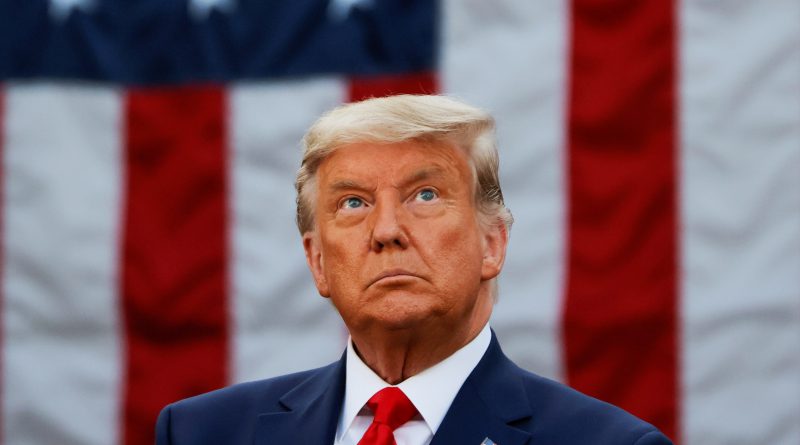Trump Signals Possible Talks With Venezuela’s Maduro Amid Regional Tensions
New York – President Donald Trump said the United States may consider opening discussions with Venezuelan President Nicolas Maduro, signaling a potential shift in the tense dynamic between Washington and Caracas as both sides navigate rising military activity and mounting concerns across the region.
His comments come at a time when the U.S. has expanded its military presence in the Caribbean, carrying out operations it says target drug trafficking networks, while officials in Venezuela continue to reject accusations linking the government to illegal narcotics activities.
Speaking to reporters in Florida before returning to Washington, Trump said there could soon be opportunities for communication with Maduro, although he emphasized that the outcome of any such contact would depend on how the discussions unfold in the coming days.
He did not disclose details about possible diplomatic channels or intermediaries but noted that Venezuelan authorities “would like to talk,” suggesting that some level of interest has been expressed, even as both countries exchange sharp public statements about security and legal issues.
U.S. officials recently held several internal meetings to evaluate potential military operations against targets inside Venezuela, according to people familiar with the briefings, though no final decisions have been announced and discussions remain preliminary.
Trump said he had “sort of made up my mind” regarding the next steps on Venezuela, indicating that a decision could be forthcoming, while Venezuelan authorities did not immediately comment on his latest remarks or the possibility of renewed engagement.
Earlier in the day, U.S. Secretary of State Marco Rubio announced plans to designate a Venezuelan-linked group accused of involvement in drug trafficking as a “foreign terrorist organization,” a label that carries heavy legal consequences and could affect future U.S. actions.
American officials have long alleged that this organization collaborates with other criminal groups to move narcotics into the United States, while Maduro has repeatedly denied the accusations and accused Washington of fabricating claims for political purposes.
When asked whether such a designation would authorize new military measures against Venezuelan assets or infrastructure, Trump said it would provide the legal ability to take certain actions, though he added that no immediate decisions had been made.
The U.S. military buildup in the Caribbean has grown steadily, with the nation’s largest aircraft carrier, the Gerald R. Ford, recently deployed alongside additional warships, submarines and aircraft, creating one of the most visible shows of force in the region in recent years.
Human rights organizations have criticized the strikes on suspected drug boats, raising concerns about civilian casualties and calling for greater transparency, while some U.S. allies have urged Washington to ensure its operations comply with international law.
American officials maintain that the country is engaged in an armed conflict with drug cartels and that such missions are legally justified, arguing that military personnel involved in these operations are protected under U.S. statutes and legal guidance.
Venezuela, meanwhile, has increased defensive preparations and warned that foreign military actions could escalate tensions further, with local authorities saying they will take necessary measures to safeguard national sovereignty.
A recent national survey showed that only a minority of Americans support using military force inside Venezuela without its government’s approval, reflecting ongoing public debate about the direction of U.S. policy toward the country.
Trump’s comments about possible talks came shortly after the Pentagon reported another incident in the eastern Pacific involving a strike on a suspected narcotics vessel, which resulted in several fatalities and added to a growing number of similar operations.
Officials say more than 80 people have been killed in such missions since early September, with U.S. military leaders describing the strikes as essential to disrupting narcotics routes, while legal experts continue to debate the broader implications of the strategy.
As both governments evaluate their options, the latest remarks from the White House highlight the possibility of a new diplomatic channel that could ease tensions, even as military actions continue and political disagreements remain unresolved.



